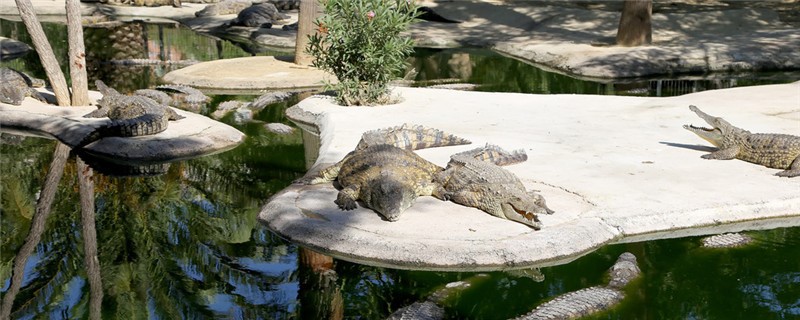
Crocodiles are poikilothermic animals. Their body temperature is not constant. They have no structure to effectively regulate their body temperature. They can only change with the change of the outside temperature. Therefore, crocodiles need to hibernate. When winter comes, the temperature is relatively low, so crocodiles can not get enough heat to maintain their life activities. Therefore, crocodiles can only hibernate in winter, reduce their activities and reduce their demand for heat. Before they hibernate, crocodiles eat a lot of animals and store enough energy in their bodies to supply them for several months.
In addition, some crocodiles hibernate not to cope with the cold winter, but to cope with the dry season. For example, some crocodiles living in Africa have a dry season every year, when not even a drop of rain falls, and rivers may dry up because of it. At this time, many animals will suffer, including crocodiles. Crocodiles cope with the dry season by hibernating. Similarly, before the dry season, crocodiles will eat enough food to store energy in their bodies, and then go to sleep in pre-dug caves when the dry season comes.
As mentioned above, crocodiles belong to poikilotherms and cannot regulate their own temperature. Their body temperature can only change with the change of the external environment. However, crocodiles also have some measures to regulate their body temperature, not just passively change with the environment. For example, sunshine is an important measure. When the weather is sunny, crocodiles usually come to the shore to bask in the sun, so that they can absorb some of the heat. When raising crocodiles in captivity, they also need to be properly exposed to the sun, generally at least twice a week.